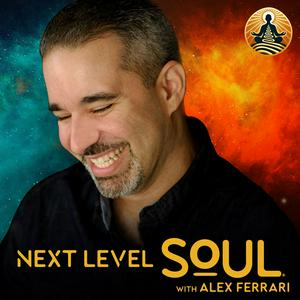Kelvin Chin is an author and Life After Life Expert. His first book “Overcoming the Fear of Death: Through Each of the 4 Main Belief Systems” is a nonreligious approach to overcoming the fear of death. His second book, “Marcus Aurelius Updated: 21st Century Meditations On Living Life” is a collection of 67 essays ranging from Emotions, Life Principles, Meditation, and the Spiritual. And his third book, which will be out soon in 2023, will describe in detail how his past life memories that reach back 6,000 years have resurfaced over the past 45 years, and what they have taught him about himself and how our minds continue from lifetime to lifetime.
Kelvin is Executive Director & Founder of the “Turning Within” Meditation and Overcoming the Fear of Death Foundations, and is an internationally-recognized meditation teacher featured in Business Insider, Newsweek, Kaiser Health News, and has taught meditation at West Point and in the U.S. Army, including on the DMZ in Korea. Kelvin has been meditating for over 50 years, and has taught meditation for 49 years to thousands of people in over 60 countries. He is a graduate of Dartmouth, Yale and Boston College Law, and has lived in 7 countries.
Become a supporter of this podcast: https://www.spreaker.com/podcast/next-level-soul-podcast-with-alex-ferrari--4858435/support.
Take your spiritual journey to the next level with Next Level Soul TV — our dedicated streaming home for conscious storytelling and soulful transformation.
Experience exclusive programs, original series, movies, tv shows, workshops, audiobooks, meditations, and a growing library of inspiring content created to elevate, heal, and awaken. Begin your membership or explore our free titles here: https://www.nextlevelsoul.tv


